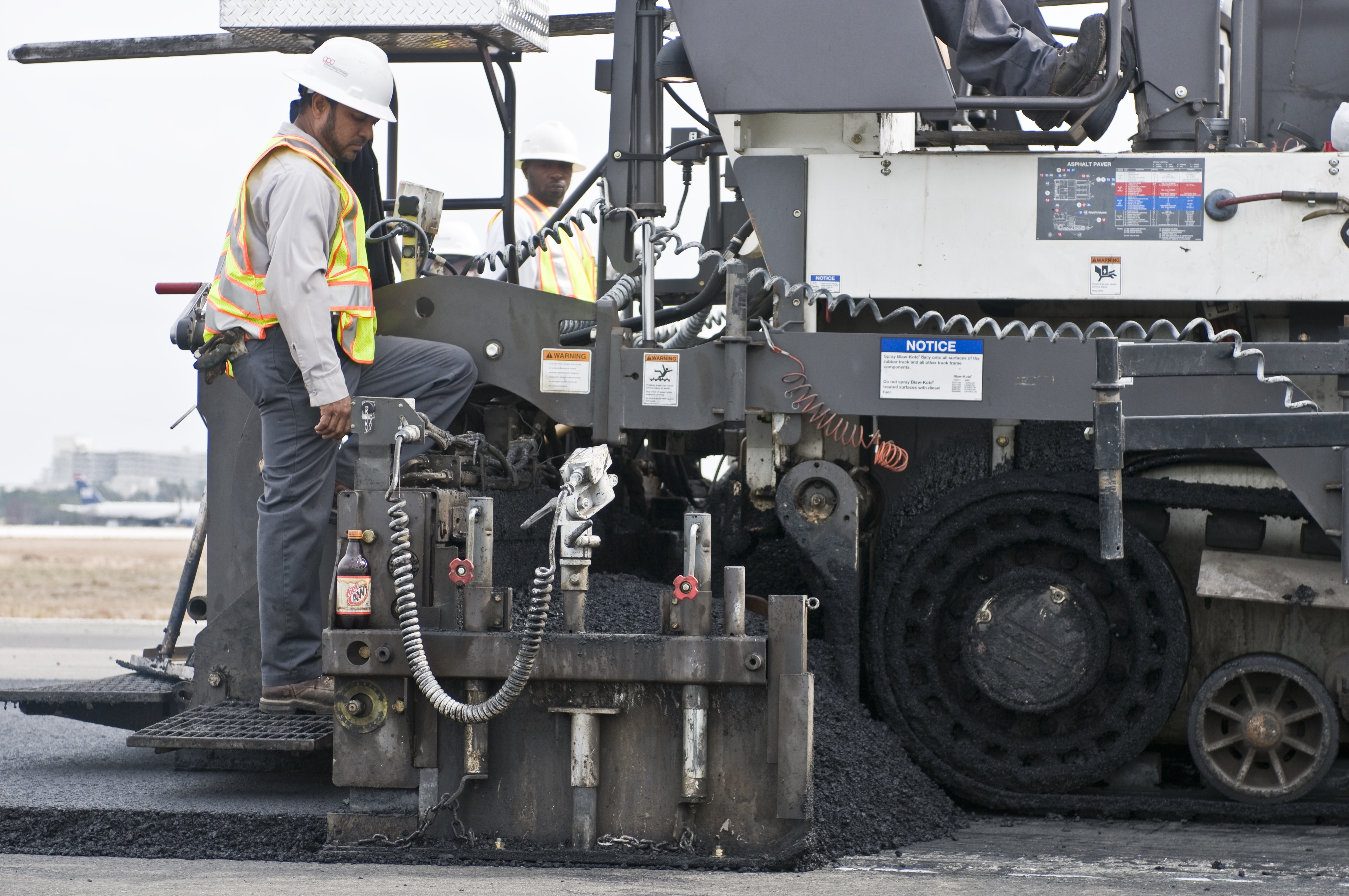Despite construction workers consistently being ranked among the most at-risk demographics for suicide and depression-related disorders, a stigma continues to surround the issue of mental health within our industry. Here are some of the reasons why contractors and their employees are often reluctant to speak up, and a list of industry resources that are available to help.
This year, it is anticipated that 53.2 out of every 100,000 construction workers will take their own lives, according to research from the Centers for Disease Control and Prevention (CDC). This places the construction industry at more than triple the rate of the general population, and the highest of any industry in the United States.
Although public acknowledgment of the importance of mental health continues to grow (indicated by the $18 Billion Mental Health Industry in 2020), the subject remains largely undiscussed among construction industry workers. Organizations like the American Society of Safety Professionals (ASSP) point to a culture of stoicism as one of the primary causes.
“A major roadblock to addressing this issue in the construction industry and elsewhere is the stigma that has surrounded the issues of depression and suicide and the reluctance to talk about it,” according to the AASP website. “For many years, these have been taboo subjects, making it all the more difficult for those who may be contemplating suicide to get the help they need.”
In an industry as demanding as that of construction and paving, the tendency to use silence as a coping mechanism can amplify the precise hazards that workers are attempting to suppress. Factors common to the industry such as irregular work hours, sleep deprivation, seasonal layoffs, economic downturn, chronic pain and physical exhaustion, separation from family members, deadlines and production quotas, and consistent exposure to the elements—these and other factors challenge workers’ ability to cope with stress and anxiety. If unchecked or suppressed, they can often lead to depression, which is one of the top forms of suicide-related mental illness.
Fortunately, there are observable changes taking place with regards to the conversation surrounding mental health. At Hubbard, our employees benefit from a Health and Wellness Coordinator serving as a direct resource for information and available healthcare agencies. And we’re not alone in this—such positions are becoming more common, especially among larger companies with greater depth for Human Resource positions. Having a designated support team member for health and wellness not only encourages employees who are suffering from poor mental health to seek out help, it also contributes to getting rid of the stigma that traditionally surrounds the topic.
Additionally, agencies like OSHA, AASP and others are making efforts to increase awareness of the high risk of suicide and mental illness within our industry. Resources are available to those who may be struggling to cope with depression or other symptoms. If that’s you, or you suspect that one of your employees or co-workers may be struggling, visit the following online sources:
As contractors, it is our responsibility to protect the safety and health of our team members. That begins with normalizing conversations about mental health. Only by talking openly and honestly about mental health can we begin to address this dangerous threat within our industry.


